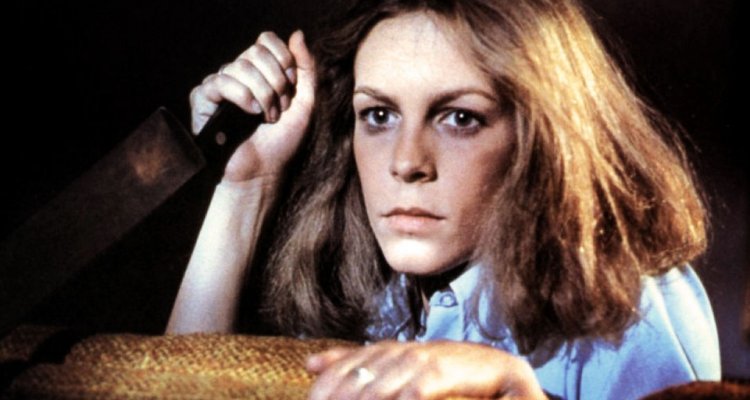The month of October and Halloween holiday has inspired horror films and cult classics alike. It is, however, the captivating John Carpenter classic that continues to sit atop the pedestal of horror and slasher films. “Halloween” remains a standard in the canon of slasher and horror related cinema in its subtlety and employment of practical filming techniques.
Much like Alfred Hitchcock, Carpenter utilizes suspense and drawn out sequences to further escalate a sense of dread. In following the character Annie through the house, into a laundry room, and finally a car, Carpenter plays with framing. Showing Michael Myers as a ghost like specter, or even placing him in a voyeuristic position, there’s an overwhelming feeling of unease, even anxiety as to what Myers may do. The video essay by The Discarded Image, highlights these sort of tactics Carpenter used for his seminal slasher/horror film.
In the long takes employed throughout the film, Carpenter builds on claustrophobia. Confinement in tight spaces pervades the essence of fear, no escape. Following Annie’s murder, the action becomes heightened and the affects used to continue Myers killing spree employ long takes and Myers own raspy breath to further the impending doom. However, “Halloween” avoids what latter films capitalize on: gore. Carpenter employs a lack of this technique because, as the video essay elaborates, gore is gross but not necessarily effective in conjuring fear.
We leave “Halloween” with sense of fear and paranoia. The suburbs we trick-or-treat aren’t as safe as they seem. Not when the boogeyman, brandishing his knife and breathing heavily is still out there.

